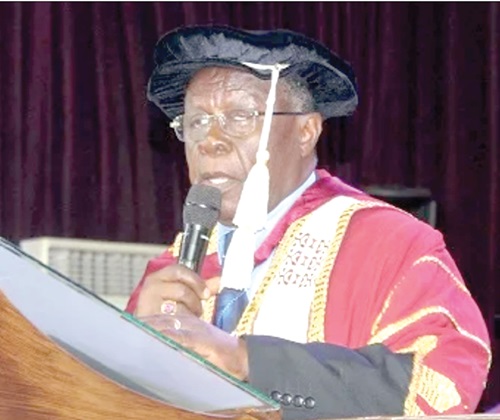Media Statement from the Zambia Chamber of Commerce and Industry
The Zambia Chamber of Commerce and Industry, wishes to address the pressing issues currently facing our commerce and industry sectors, particularly considering the ongoing energy crisis, rising exchange rates, rising cost of doing business,shortage of liquidity and the severe threat to food security posed by recent drought conditions.
The energy crisis has had a profound impact on our industrial output and the broader economic landscape. Many businesses are grappling with inconsistent power supply, which disrupts production processes, increases operational costs, and ultimately threatens the sustainability of our enterprises. Coupled with the escalating exchange rates, limited and expensive capital, over regulation and licence requirements and multiple police check points with protracted procedures.
These challenges have made it increasingly difficult for local businesses to remain competitive while also affecting consumer prices and slowing down the national economy.
In addition to these challenges, the drought has exacerbated food security concerns. This situation not only affects agricultural productivity but also has a ripple effect throughout the economy,impacting food prices and availability, ultimately hindering the growth of our industries that are reliant on stable agricultural outputs. The promising beef and cotton sector value chain is under threat.
ZACCI would like to implore government to hasten the building of agriculture dams’ country-wide and unlock hurdles for private sector participation in actualizing a diversified energy mix while priotizing continental and regional inter-connectors for short term stability.
In light of the foregoing, we pray the government remains focused on what is good for the nation by creating an enabling environment for the private sector to thrive. ZACCI would like to see consistent and predictable legislation, streamlined regulatory frameworks, flexible labour regulations that balance workers’ rights with business needs, sector specific legislation and strengthened institutions that will help government to redouble its efforts to enforce existing laws. The Police check points (Road blocks) should be done away with and only leave a few security check points with no traffic
police officers. This underscores the need to optimise our transport routes.
Furthermore, we implore government to expedite the implementation of the Mineral Regulatory Commission. This body is crucial for ensuring that our mineral resources are managed effectively and contribute to national development. Also, we urge the government to expeditiously legislate the local content requirements that must be integrated into the operations of the Mineral Regulatory Commission. This will ensure that local businesses benefit from the mining sector, fostering
economic growth and job creation in Zambia.
ZACCI believes the Public Private Dialogue Forum (PPDF) remains a good forum to enhance public and private sector dialogue on condition that the public sector should not play the role of the private sector through the PPDF. The PPDF is expected to provide a table for Public and Private players to resolve issues. This dialogue should extend to regional and district levels and not only at national level. Issues like land rates and council by laws can easily be resolved if dialogue at all levels was strengthened. Local Private sector should be given the value it deserves by the public sector to deliver a private sector led economy.
Looking ahead, the Zambia Chamber of Commerce and Industry is committed to launching two significant national programs in 2025:
1. Formalisation of the Informal Sector: This initiative is vital as it aims to bring informal businesses into the formal economy. By formalising these enterprises, including the artisanal and small- scale miners, we can enhance their access to finance, markets, and support services, ultimately promoting entrepreneurship and fostering economic resilience. Formalisation will also enable better regulation and taxation, therefore contributing to national revenue and sustainable development.
2. Annual State of Industry and Commerce Survey: This survey will be instrumental in gathering critical data on the current state of our industries and commerce. By understanding the challenges and opportunities faced by businesses, we will be better equipped to advocate for policies that support growth and innovation. This comprehensive analysis will also help identify sectors that require urgent attention and intervention, guiding both public and private sector strategies moving forward.
In conclusion, we stand at a crossroads where immediate action and collaboration are essential for the resilience and growth of our commerce and industry. We call upon all stakeholders, including the government, to work together to address these pressing issues and build a more sustainable and prosperous future for Zambia as we look to 2025.
Thank you.
Anthony Kabaghe
President
Zambia Chamber of Commerce and Industry










